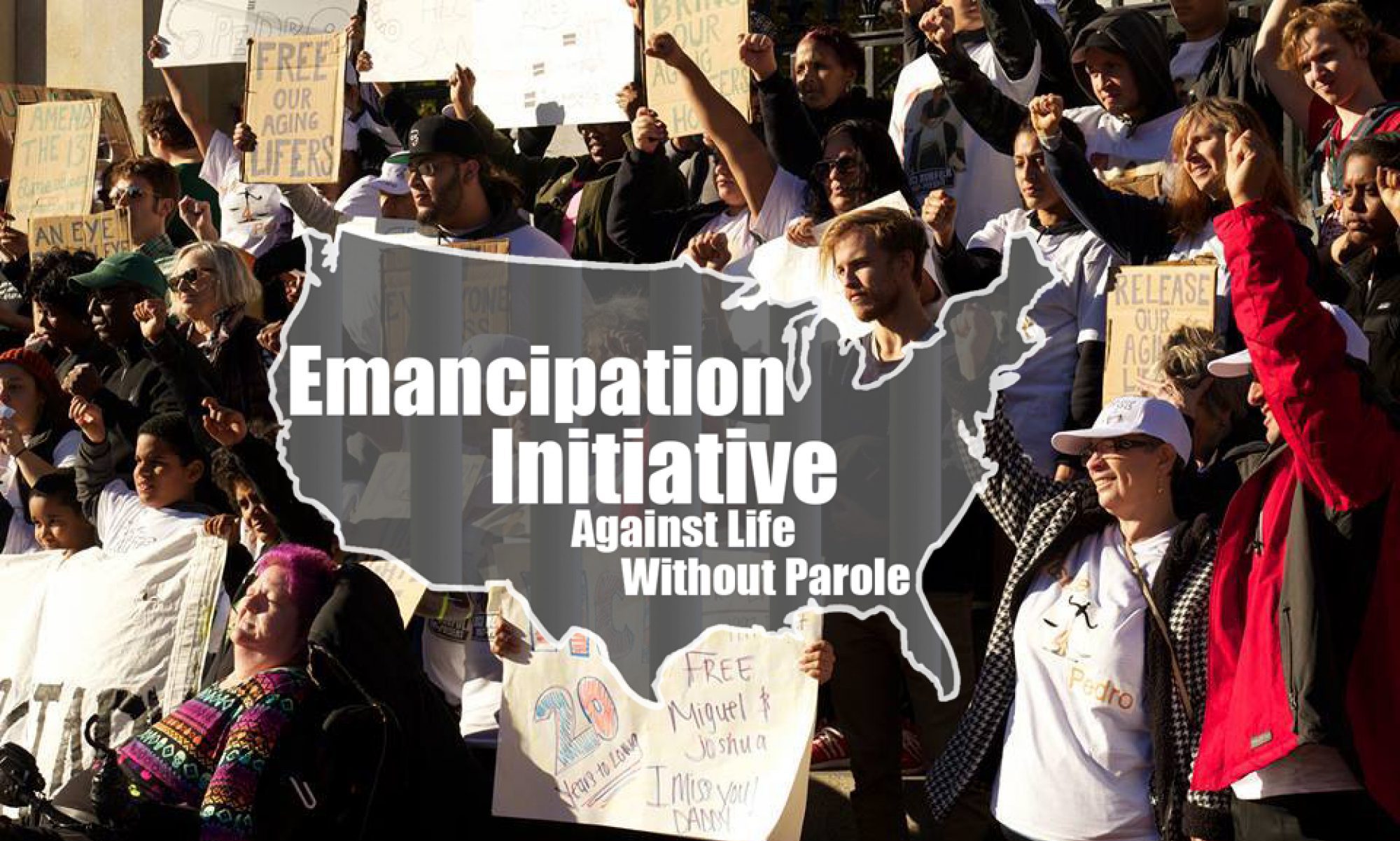Massachusetts Voter Eligibility – Downloadable PDF
Each state in the U.S. writes its own laws determining who can and cannot vote. As of 2018, 48 states place some restriction on who can vote based on the individuals’ involvement in the criminal justice system. Many people who are targeted by the criminal justice system are intentionally kept in the dark about their voting rights, and so are disenfranchised due to a lack of information.
In Massachusetts, every citizen 18 and older is eligible to vote as long as they are not currently incarcerated for a felony conviction or have recently been convicted of voter fraud. That means that all Massachusetts citizens 18+ who are currently incarcerated on misdemeanors, awaiting trial, or civilly committed may vote, as can all formerly incarcerated people, including people on parole and probation. You can help people make their voices heard by printing out this one-page flier and ensuring your Massachusetts neighbors understand their voting rights.
Massachusetts Overview
State prisons
People incarcerated in Massachusetts state prisons for felony convictions cannot vote in any elections (federal, state or municipal) while incarcerated. This means about 8,234 people are currently denied the right to vote in Massachusetts due to imprisonment. Massachusetts disproportionately incarcerates people of color, so while the state is 18.2% people of color, 58% (or 4,982) of people disenfranchised due to imprisonment are people of color. People incarcerated in prison for other reasons – such as the 60% of people held in MCI-Framingham on pre-trial detention and county misdemeanor sentences, or people who have been civilly committed – are allowed to vote by absentee ballot.
County jails and houses of correction
Most of the approximately 9,800 people incarcerated in Massachusetts county jails and houses of correction on any given day can vote in all (federal, state and municipal) elections by absentee ballot, as long as they are citizens and are not incarcerated for felony convictions or voter fraud. However, many Massachusetts jails and houses of correction do not inform incarcerated people of election dates or help incarcerated people obtain absentee ballots, and some even give false information, telling incarcerated people they are ineligible to vote. Even when an incarcerated person has the funds and knowledge to request and submit an absentee ballot, town clerks often illegally reject these ballots, leaving incarcerated people with little recourse.
Formerly incarcerated people
Massachusetts is one of 14 states that prohibit people from voting while incarcerated in prison but return the right to vote immediately upon release, considered the “least restrictive” category of criminal disenfranchisement. However, empirical evidence suggests that because disenfranchisement laws vary from state to state, many people assume they remain disenfranchised upon release, although that is often not the case. However, the state does nothing to inform people of their right to vote following release. In fact, some formerly incarcerated people in Massachusetts have been falsely told by their parole officers that they cannot vote while on parole.
Questions? Contact BallotsOverBars [@] gmail.com or EmancipationInitiative [@] gmail.com

